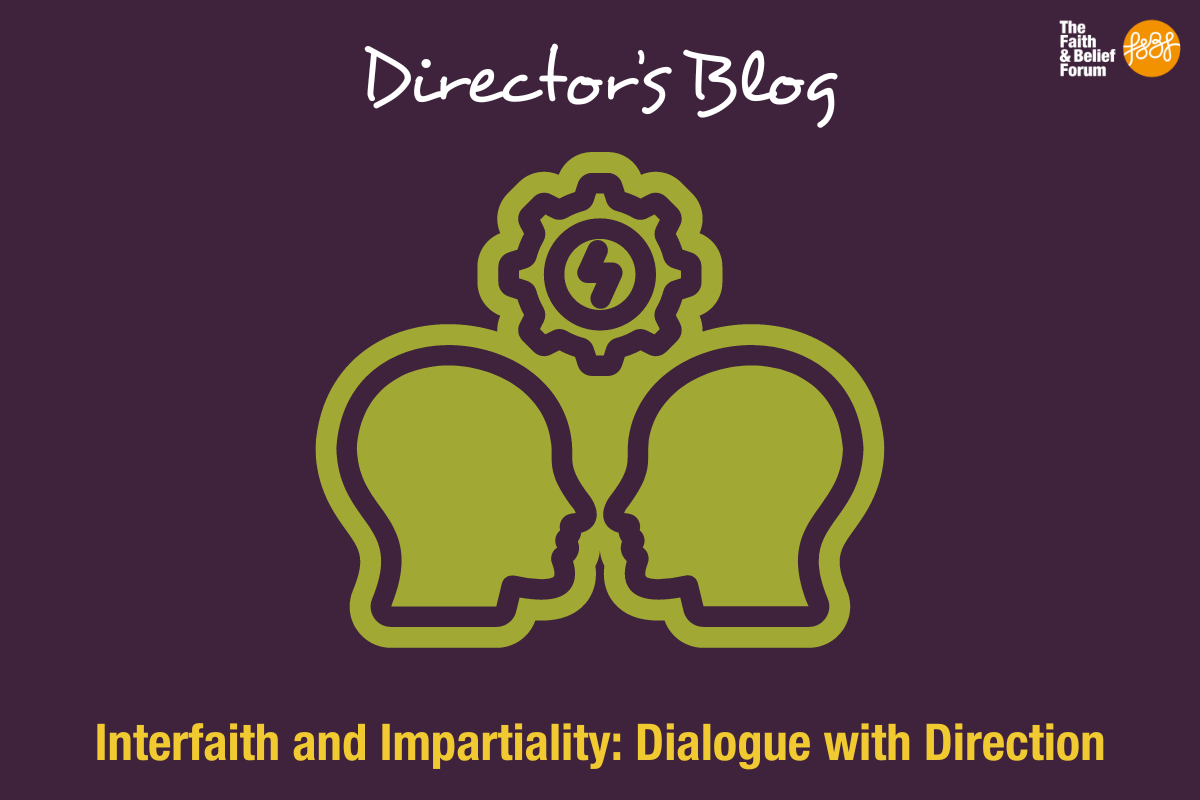
Challenging Faith Based Hate: True Stories
16 / 02 / 24
Menu

23 / 05 / 19

By Emmanuel Johnson
The coming of Social Media has made way for new forms of expression. Its constraints are close to non-existent, as users have the freedom of expressing a wide range of ideas, emotions and actions. In the past, one may have faced the ordeal of storing up desires internally, if they no one present to listen. Not only does Social Media provide an avenue for people to be reached in large numbers, it also projects a sense of importance on personal ideas, feelings and opinions. This makes it easier for individuals to share matters with other people; some of which may be dismissed as trivial by external observers, but for the social media user, it may just be an act that adds a bit of meaning to their day.
Representation in traditional and mass media have always brought along specific issues; often because of the use of stereotypes, and other times as a result of lack of/mis-understanding of cultures and religions. These issues are being addressed substantially, precisely in regards to faith – its perception and representation. Because faith is often personal, embedding within it religion and spirituality, a mobile phone which is personal too is compatible for expression via Social Media. So prayer times could be observed by a religious person in private, and accompanying scripture shared publicly via an Instagram, Facebook or Whatsapp story. This act invites other people to partake of a private experience and make meaning of it for themselves.
As a result of this new practise, power is placed in the hands of everyday people to represent their faith as they wish. No longer do people have to rely solely on institutional media for information; they can now turn to personalised outlets too. This diversifies voices and could lead to better representation of faith by people who practise them. For Christians, faith is expressed through a number of mediums, including music, community and digital applications. The platform of Social Media allows Christians to have an interactive faith experience with the world, through a mobile phone in their pockets. What does this mean, in this great time in history?
Faith is embedded and represented in line with ordinary and everyday life. This can be seen as an extension of offline experiences in life. Nonetheless, in this new age, Christians can attend church, participate in moving worship encounters and share it with a non-Christian audience online. This establishes a bridge between the once-personal experiences of faith, to the now-ordinary encounters of everyday life of Social Media users. Representation is made more powerful than ever because it depicts a casual projection of images on mobile phones, which have not been ‘fine-tuned’ to meet ‘professional’ standards of media production, as done by institutional media organisations. Its significance lies in the fact that, it can be seen as relatable – making viewers feel a connection and belonging to an experience that may be considered alien without the affordance of Social Media. This signifies the impact of Social Media as a tool and platform of expression.
Each Christian user is left with a voice on an aspect of their faith which they may wish to represent differently. For some, it has been the role of scripture in personal situations in life. Through uploads of specific scriptural verses, ideas and discussions can been shared by Christians on the application of bible verses on individual circumstances. The casual, customised and personal nature of Social Media allows for expression on private issues, which are engaged with by non-Christians. The inclusion of faith and the role of certain scripture which may have played a part in personal experience is highlighted – signifying the representation of once-personal faith on the public domain of Social Media.
The notion of religious belonging has been expanded, as external observers have been invited to share in a collective faith experience. The initiative of representing faith via Social Media has brought about inclusivity of people outside the demographic of Christian believers. Representation that is reflective of personal experiences could produce tolerance within society at large. This is not indicative of understanding of the ways of faith by non-believers, who engage with posts by Christians on Social Media; but an appreciation of the significance and value of faith to all who identify as Christian.

16 / 02 / 24

15 / 02 / 24

16 / 01 / 24